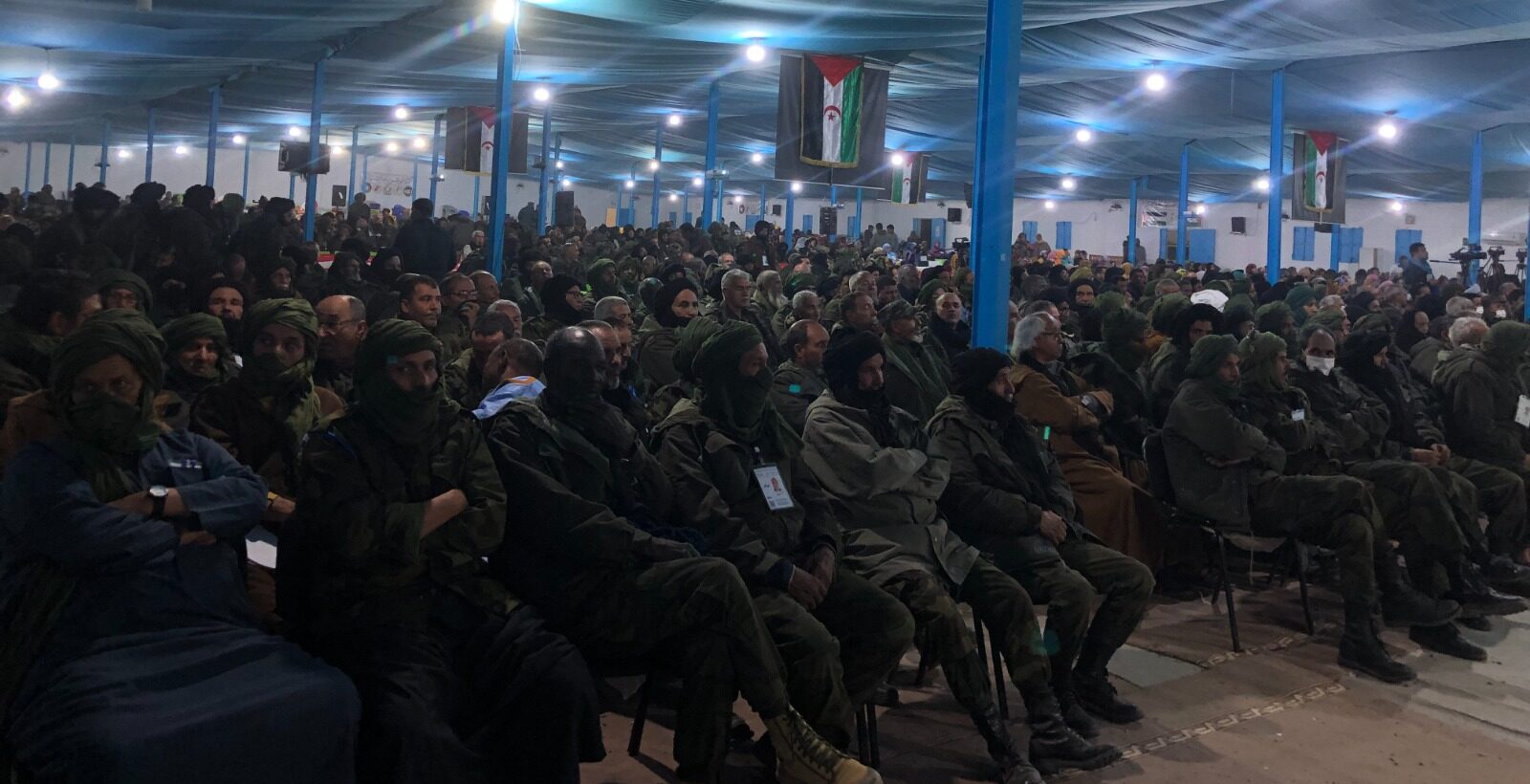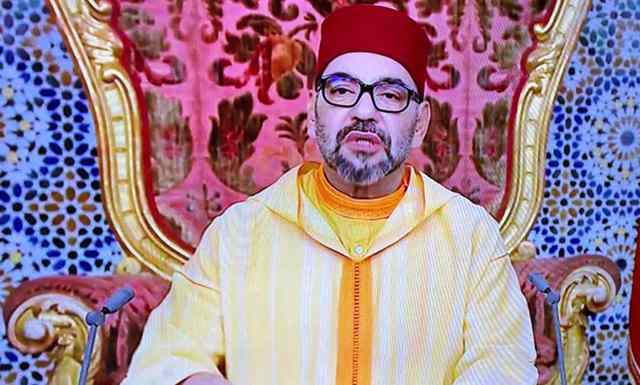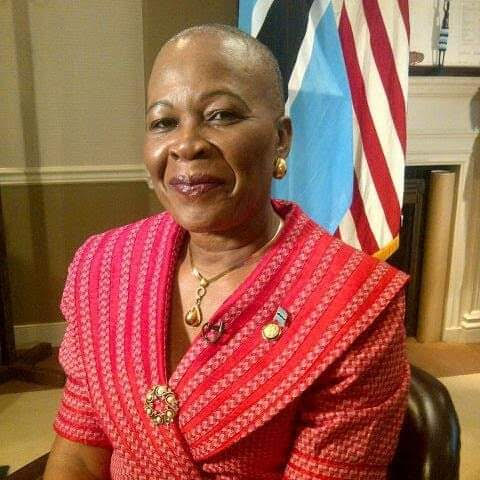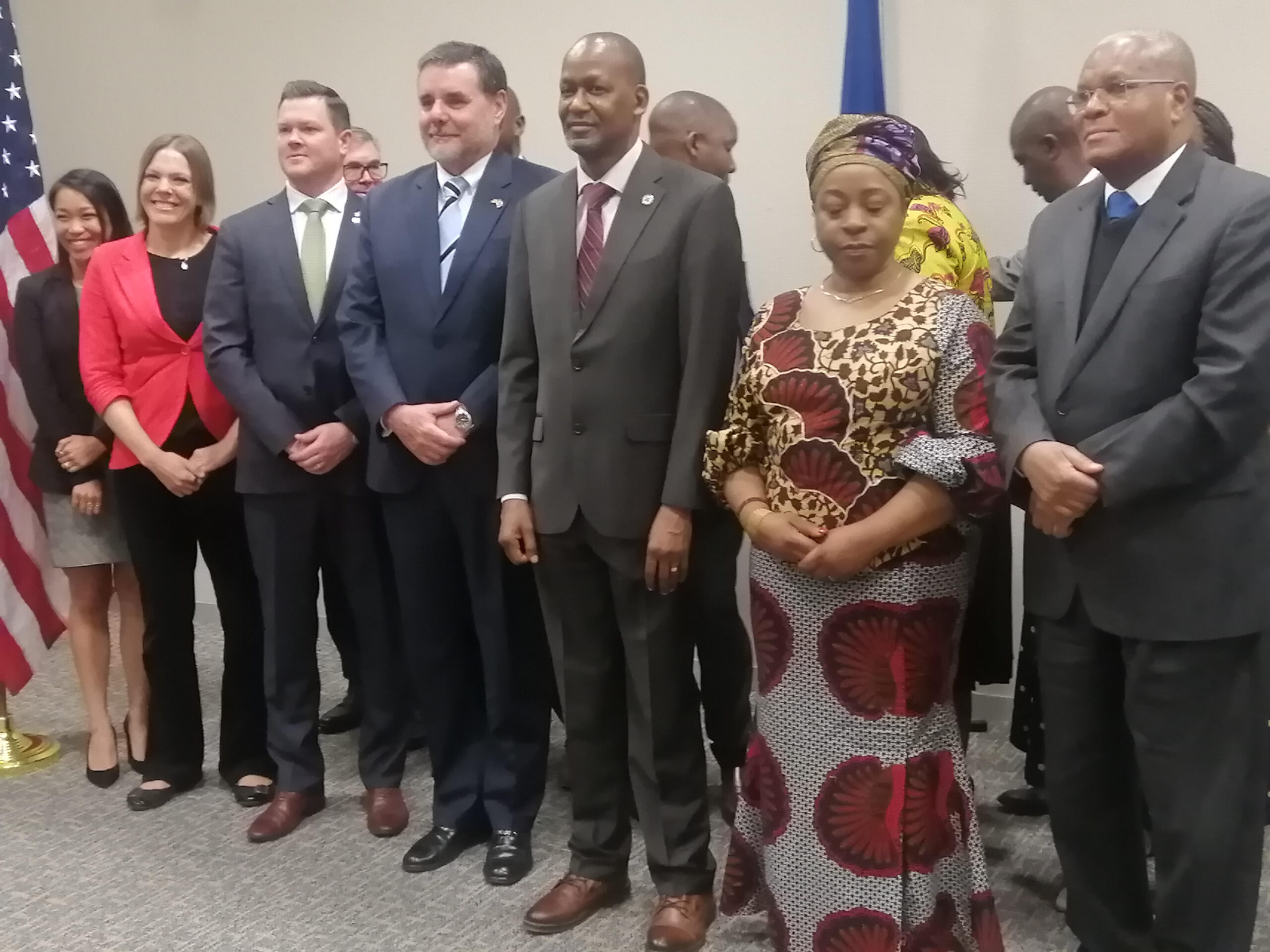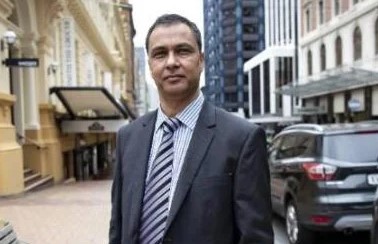
In an age saturated with disinformation, few liberation movements have been so persistently misrepresented as the Polisario Front. For decades, the Moroccan regime—backed by powerful international allies—has waged a calculated campaign to distort the nature of the Sahrawi struggle. The latest chapter in this effort is an audacious attempt to brand the Polisario Front as a terrorist organisation. This is not just a lie—it is an insult to international law, to African history, and to the principles of liberation.
On April 11, U.S. Congressman Joe Wilson, a long-time advocate of Morocco’s colonial ambitions, announced plans to introduce legislation to designate the Polisario Front as a foreign terrorist organisation. Far from a move grounded in facts or security concerns, this initiative is a cynical political manoeuvre—a gift to Morocco’s lobbyists, and an attack on the Sahrawi people’s right to resist occupation.
Let us be unequivocal: the Polisario Front is not, and has never been, a terrorist organisation. This is a fact!

Established in 1973 to end Spanish colonialism in Western Sahara, it is the internationally recognised representative of the Sahrawi people. This recognition is not symbolic. It has been affirmed time and again by the United Nations General Assembly, the African Union—where the Sahrawi Arab Democratic Republic is a full member—and numerous rulings by international courts.
The attempt to redefine Sahrawis as terrorists is not about security—it is about silencing a people. It is a crude attempt to criminalise solidarity, delegitimise resistance, and rewrite the narrative of decolonisation to serve today’s geopolitical and economic interests.
Africans recognise this tactic. During the liberation struggle against apartheid, Western governments branded the African National Congress (ANC) and Nelson Mandela as terrorists. Mandela remained on the U.S. terrorism watchlist until 2008. But the world knows who stood on the right side of history.
This vilification has a long and shameful history in Africa. During Zimbabwe’s liberation war, the Rhodesian regime—backed by Western powers—dismissed ZANU and ZAPU as “communist terrorists.” In Algeria, the French labelled the FLN a terrorist organisation while committing atrocities that shocked the world. Yet both ZANU-PF and the FLN are today celebrated for leading their nations to independence. These movements were demonised not because they posed a threat to civilians, but because they dared to challenge colonial power.
The Polisario Front belongs to this proud tradition. In over fifty years of struggle, it has never targeted civilians, never aligned with extremist networks, and has consistently adhered to international humanitarian law. Polisario ratified the Geneva Conventions and committed to the African Union’s Convention on the Prevention and Combating of Terrorism. Its armed wing, the Sahrawi People’s Liberation Army, exists to fight for freedom and defend a people under occupation—not to terrorise anyone else.
Meanwhile, Morocco’s occupation of Western Sahara is marked by systemic repression. Reports from Amnesty International and Human Rights Watch detail arbitrary detentions, torture, suppression of peaceful protests, and enforced disappearances. Morocco has even blocked the UN peacekeeping mission, MINURSO, from monitoring human rights—making it the only mission of its kind without such a mandate. What does Morocco fear?
It fears the referendum. It fears democracy and the will of the people!
The Moroccan regime knows that if the people of Western Sahara are allowed to vote freely, they will choose independence. That is why it has blocked the referendum promised under international law. It is not the Polisario that fears democracy—it is Rabat.
Now, this disinformation campaign has reached the halls of Washington. Congressman Wilson, chair of the Morocco Caucus and longtime ally of Moroccan lobbyists, is no neutral actor. His proposal is not a security measure—it is a political favour to an occupying regime.
Congressman Wilson plan is also an affront to decades of international diplomacy. The Polisario Front has long been recognised by the United Nations and the African Union as a legitimate party to the Western Sahara conflict and a central actor in the OAU-UN Settlement Process. Successive rounds of negotiations—brokered by the UN—have included direct talks between Polisario and Morocco. Even Moroccan monarchs, including the late King Hassan II and the current King Mohammed VI, have met with Polisario leaders in Rabat in pursuit of a resolution. If the Polisario were truly a terrorist organisation, as claimed by some, what does that say about the legitimacy of these decades of negotiations? Are we to believe that the international community, including Western governments and the UN, have spent years engaging with so-called extremists? Or is this simply another case of political convenience overriding truth and principle?
The truth is, Morocco has spent decades trying to discredit the Sahrawi cause. In the Cold War era, we were called communists. Later, Islamic extremists. Then smugglers. Now, terrorists. The accusations change with the political winds—but they share one thing in common: no credible evidence.
We have seen this script before.
South Africans did not stop fighting because the ANC was called a terrorist organisation. Neither will the Sahrawi people. We have endured occupation, exile, and silence. We will not be broken by slander.
The international community must reject the weaponisation of the word “terrorism” to crush legitimate liberation movements. Western Sahara remains a non-self-governing territory under international law. Morocco’s sovereignty over it is not recognised by the United Nations, the African Union, or the International Court of Justice. The U.S. decision under President Trump to recognise Moroccan claims does not alter this legal reality.
Nor does Morocco’s so-called “Autonomy Plan” offer a real solution. It is a modern-day Bantustan: a smokescreen designed to entrench occupation under the guise of compromise. True peace requires justice—and justice requires a referendum that includes independence as a real, viable option.
Peace in North Africa cannot be built on repression, disinformation, and foreign lobbying. It must be grounded in truth, dignity, and respect for international law. That means rejecting Moroccan propaganda, resisting efforts to criminalise a liberation movement, and reaffirming the Sahrawi people’s right to choose their own future.
Africans must stand united against these efforts to delegitimise the Polisario Front. They must defend the last colony in Africa and amplify the voices of a people who have suffered under occupation for five decades. Solidarity is not a slogan—it is a duty.
History will not be kind to those who stood by as a people were denied their freedom under the weight of manufactured narratives and colonial ambition.
But it will remember those who stood with justice.
* Kamal Fadel is a Sahrawi diplomat now serving as Polisario Front Representative to Australia






